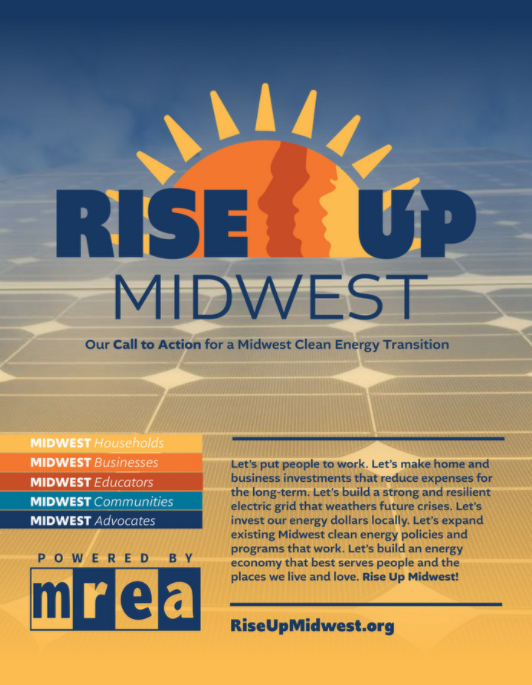From our partners at Michigan Saves:
Successful programs bring compounding value and serve a wide range of consumers. Typical initiatives that help people to finance their energy projects and increase their energy savings look at credit scores and debt-to-income ratios to determine eligibility—it’s standard procedure, but can be inaccessible to those with credit challenges. An on-bill financing program, however, skips these entirely. Focusing on customers’ utility bill payment history, on-bill financing programs can help approve homeowners who’ve paid on time for at least 12 months in a row. The low-interest loans can then be repaid directly through the utility bill. On-bill financing makes renewable energy and energy efficiency upgrades more accessible to many who previously couldn’t make improvements. The proof of program success is clearly in the pudding when it comes to the first municipality and municipal utility to pair up with Michigan Saves for on-bill—the City of Holland and Holland Board of Public Works (BPW)—who started their journey in 2016 with the Holland On-Bill Loan Program.
This bill is the culmination of many years of work from people across a wide range of industries, geographies and experiences. It’s a testament to what can be accomplished when we come together in service of people and the planet, and has the potential to vitally transform our state’s renewable energy landscape.
How Did it All Begin? The city of Holland’s drive to improve energy efficiency and increase access to energy efficiency for all of their residents made them the perfect partner for Michigan Saves. Their long-range energy plan—a 40-year strategy to ensure city prosperity—includes goals for cost savings, energy supply reliability, and reductions in greenhouse gas emissions. Each of these areas requires customers to be able to take control of their energy spending, but officials knew it would be a challenge to get every household into a position where they could do just this. A new method of financing could help, and on-bill proved the best option for the city to open opportunity for residents.
Holland made a broad effort to include all of the voices that would be impacted by the on-bill opportunity, snagging input from contractors, neighborhood programs, energy providers, mortgage lenders, and many others. It was an impressive, all-hands-in effort. The City of Holland created the Holland Energy Fund to administer the program and complementary incentives and grants for Holland residents interested in energy efficiency and clean energy. Michigan Saves worked with the City, Holland Energy Fund, and Holland BPW to design and create the program and now manages the contractor network and provides reporting, quality assurance, and other administrative functions that support the program.
 We are Michigan Saves, the nation’s first nonprofit green bank. Our organization is all in on clean energy—efficiency, renewables, diversification, carbon reduction—you name it. We know how powerful these energy sources are and want everyone—no exceptions—to have access to their benefits. But for many, these improvements are too costly. That’s where we come in.
We are Michigan Saves, the nation’s first nonprofit green bank. Our organization is all in on clean energy—efficiency, renewables, diversification, carbon reduction—you name it. We know how powerful these energy sources are and want everyone—no exceptions—to have access to their benefits. But for many, these improvements are too costly. That’s where we come in.
We are a team of solar advocates using a winning combination of deep policy expertise, coalition building, and public engagement to power just and equitable clean energy progress in states nationwide.
Listen to the Rise Up Podcast
Catch up on Season 2 now, where we bring real-time, relevant energy and policy information to Midwest stakeholders.
Sign up For Action Alerts
We highlight policy news, resources, local successes, and ways to get involved.
Partner with Rise Up
We believe the clean energy industry has the capacity to collaborate, create jobs, & contribute to an economic recovery.

contact us!
Address: 7558 Deer Rd. Custer, WI 54423
Email: info@riseupmidwest.org
Phone: 715-592-6595
The Midwest Renewable Energy Association (MREA) is a non-profit organization with the mission to promote renewable energy, energy efficiency, and sustainable living through education and demonstration.

